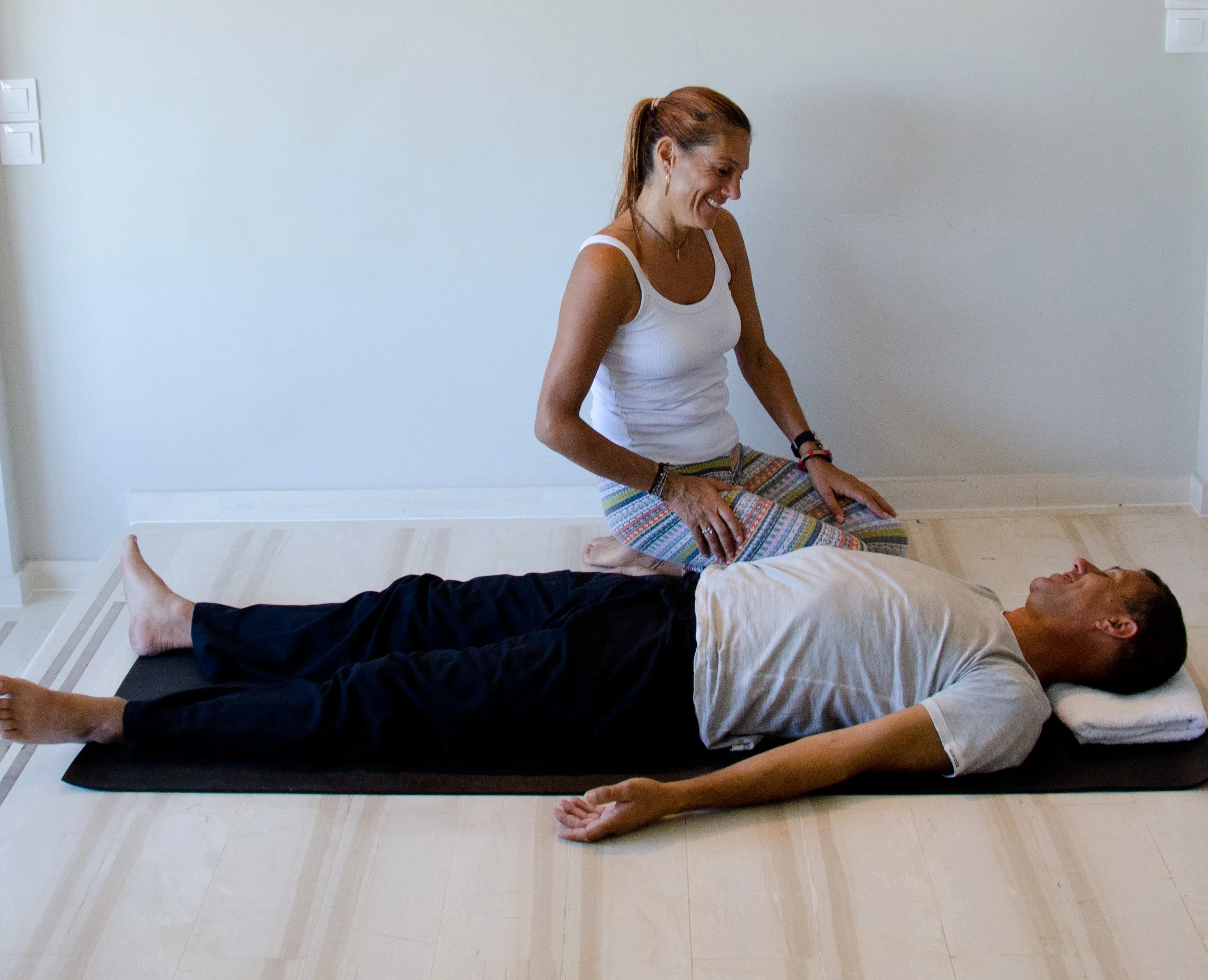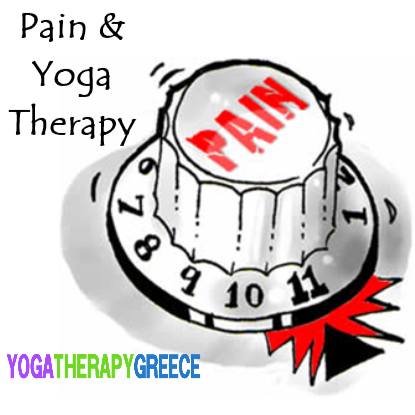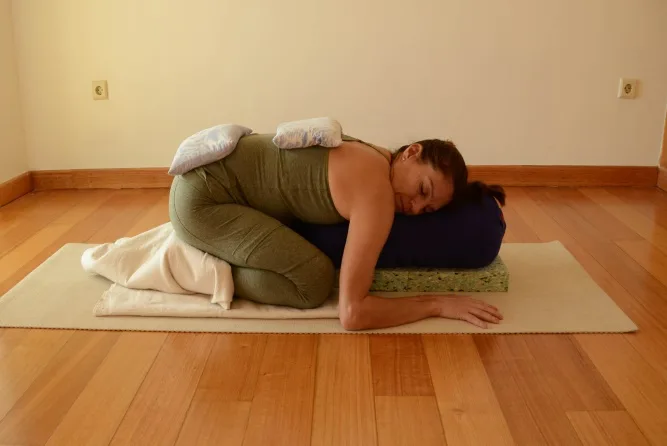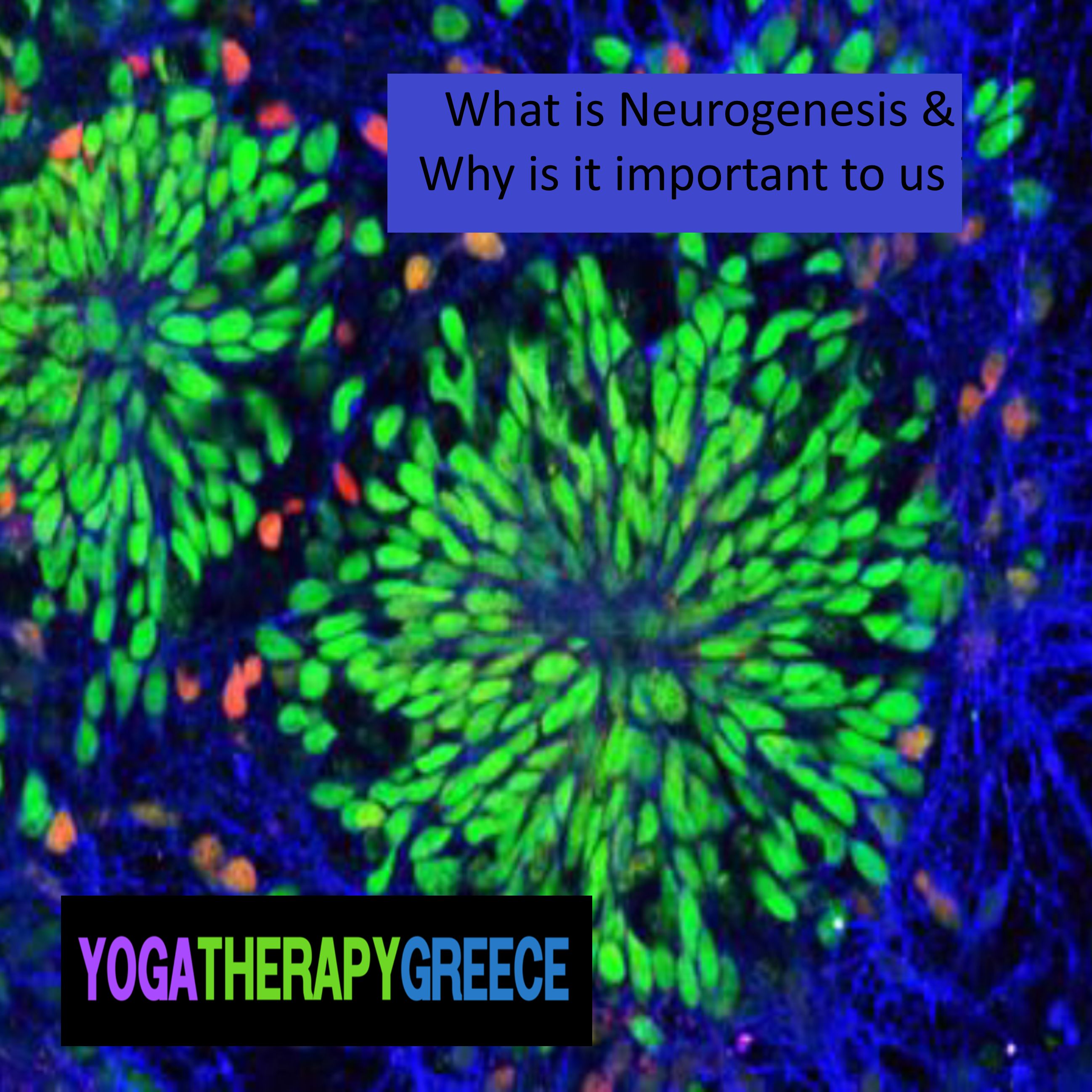Mindfulness Programs and its effect

Mindfulness means ‘the awareness that arises from paying attention, on purpose, in the present moment and non-judgmentally’.
MBSR is an 8-week program practicing mindfulness daily through 45 minutes body scan (similar to yoga nidra a guided meditation on a lying position reconnecting practitioners with their breath and body), seated meditation, mindful and gentle yoga (slow yoga with awareness on breath and body) and daily practices like eating mindfully.
Mindfulness programs result in decreased stress and reactivity and in increased attention, self-awareness, emotional regulation, cognitive and psychological flexibility, and wellbeing. The effects were traditionally measured subjectively by self-reported questionnaires, while for at least the last 20 years the efficacy of the program in physical and mental health is more accurately measured through biological stress markers.
Biological stress markers measure more objectively the effect of stress and the effectiveness of Mindfulness interventions in non-clinical and in clinical groups, in older and in younger people, in healthy people, in people at risk of medical conditions and in people with life-threatening conditions, indicating the efficacy of Mindfulness.
The heart rate variability (HRV) is a stress biomarker that is found to be consistently affected by MBSR, showing the positive effect of mindfulness in the levels of stress, and overall wellbeing. Mindfulness interventions regulate inflammation and protect cell aging having a positive effect on the immune system, seen through reductions in biomarkers such as pro-inflammatory cytokine such as IL-6 and cortisol.
In conclusion, practicing every day either a gentle and mindful yoga, or meditation in a seated or lying position and being aware of the moment with no fixated or abstracted mind, and instead of being judgmental be compassionate to yourself or others, we then build a shield for our mental and physical health.
And in yoga therapy, it is exactly what we do. Based on personal needs and limitations, lifestyle, energy level and age revealed in compassionate and motivational interviews, a personal meditation and practice is co-developed by the therapist and the client/patient.









